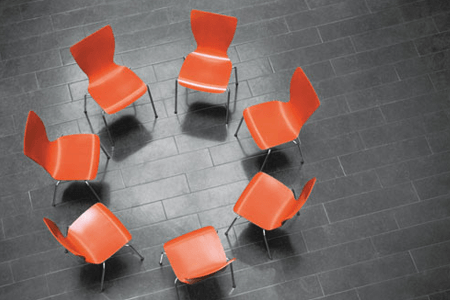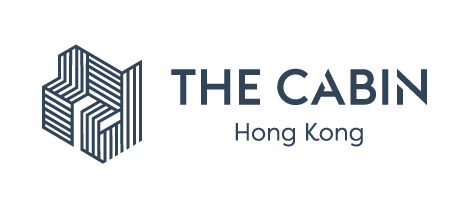What is Addiction
Addiction is a disorder which causes malfunction of the brain’s reward circuits. Up to 60% of addiction sufferers have probably inherited the disorder genetically (National Institute of Drug Abuse, 2010). Other people may have damaged their reward system by overusing it. Consequently, people with this disorder seek to reinforce their blunted reward feelings by seeking out substances or processes which will increase pleasurable feelings. Once this happens, it will cause knock on effects for someone with a genetic susceptibility to the disorder, or chemical cascades to other parts of the brain affecting things like judgement and impulse control. This is why ‘addicts’ or alcoholics cannot control their using. Addiction is a chronic condition (American Society of Addiction Medicine, 2011) which means that it lingers, and symptoms will return if it is not treated.
Types of Addiction

Treatment Types – Outpatient vs Inpatient
Treatment for addiction occurs in inpatient or outpatient settings. People suffering from severe substance use disorder (drug and alcohol addiction) often need medical supervision because some substances can cause severe symptoms during withdrawal. These people require treatment in inpatient settings such as residential detox and rehab facilities (see our inpatient rehab centre)
Outpatient addiction treatment typically takes place in addiction specific counselling centres or ‘dayhabs’ as they are commonly known. This model of treatment is usually appropriate for people who are suffering from addictions but who are still functional.
Clients who attend outpatient treatment here at our centre in Hong Kong are still able to attend their jobs and family lives, because most of the sessions are held out of office hours. Some of our clients have a need for both inpatient and outpatient treatment, and so they will attend The Cabin Hong Kong dayhab after attending our inpatient facility initially.
How is Addiction Treated
It is widely accepted by both medical and psychological professionals that the disease of addiction entails biological, psychological and social components – all of which need to be treated. Which is why we use the bio/psycho/social model to conduct our addiction treatment.
Medical Treatment
When detoxing from any substance, it is always advisable to seek medical advice to ensure a safe beginning to recovery. However, the need for medical treatment varies depending on the severity of the individual’s addiction. At The Cabin Hong Kong, we have an on-site psychiatrist who can make an initial assessment and assist with detoxes when necessary.

Psychological Treatment
Psychological and social aspects of addiction can be effectively treated using recognized and evidence based counselling models:
- Cognitive Behavioural Therapy (CBT) – focuses on increasing psychological health by learning to dispute what are known as ‘thinking errors’ or irrational ways we perceive and make meaning out of situations. Thinking errors are a main cause of the dysfunctional emotional states which are symptomatic of addiction (ASAM 2011)
- 12 Step Fellowships – 12 Step fellowships focus on treating the social/psychological aspects of addiction via ‘fellowship’ meetings which are peer run support groups where members use a common lexicon of recovery and learn to ‘identify’ with other people recovering from addiction.
- Meditation/Relaxation Techniques – There are many techniques of meditation which concentrate on building the brains ability to focus and concentrate, producing a more balanced brain chemistry which is necessary for recovery from addiction. You can even expand the idea of meditation to include physical activities which increase feelings of wellbeing, such as yoga.




